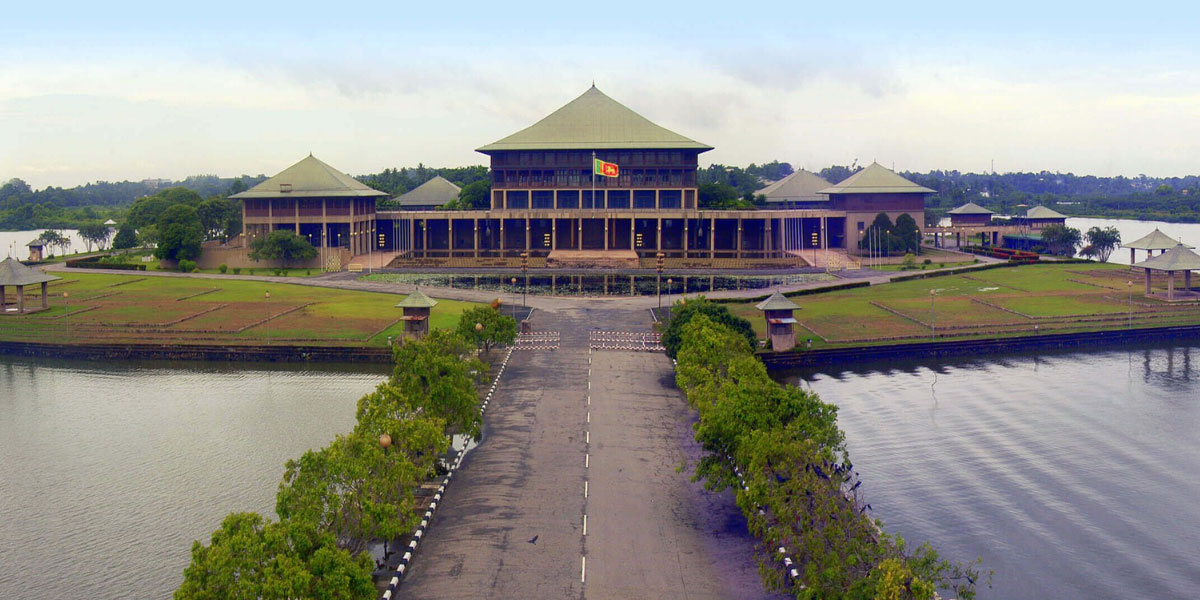On 19 January 2024 the IMF issued a report following discussions with Sri Lanka.
The report notes that the economic reform program implemented by Sri Lanka is helping economic recovery with positive real GDP growth in the third quarter of 2023, reduced inflation and increased revenue collection. The IMF considers that Sri Lanka should continue the reform agenda to ensure the stabilisation of the economy. This can give rise to broad-based and stable growth that will lead to a lasting economic recovery.
Real GDP growth was 1.6% percent year-on-year in the third quarter of 2023. This represented the first expansion of the economy in the last six consecutive quarters. There are now fewer shortages of essential goods and inflation is under control. Sri Lanka’s gross international reserves increased by USD 2.5 billion during 2023, and preliminary statistics indicate that there were improved fiscal revenue collections in the fourth quarter of 2023. The report notes that these improvements in the economic position now need to be translated into improved living conditions.
The report emphasises that to rebuild confidence and sustain the economic recovery, Sri Lanka must implement its commitments under the economic reform program. Progress should be made towards the introduction of a progressive property tax that can ensure a fair distribution of the tax burden at the same time as sustaining the revenue-based consolidation. The tax policy measures should be accompanied by strengthening the tax administration, removing tax exemptions, and eliminating tax evasion. This will make the reforms more sustainable and further build confidence among creditors. It is also important to protect vulnerable groups through improved targeting and better coverage of cash transfers. Ensuring an enabling environment for governance and transparency reforms to take place is key to improving public confidence and facilitating the implementation of reforms.













